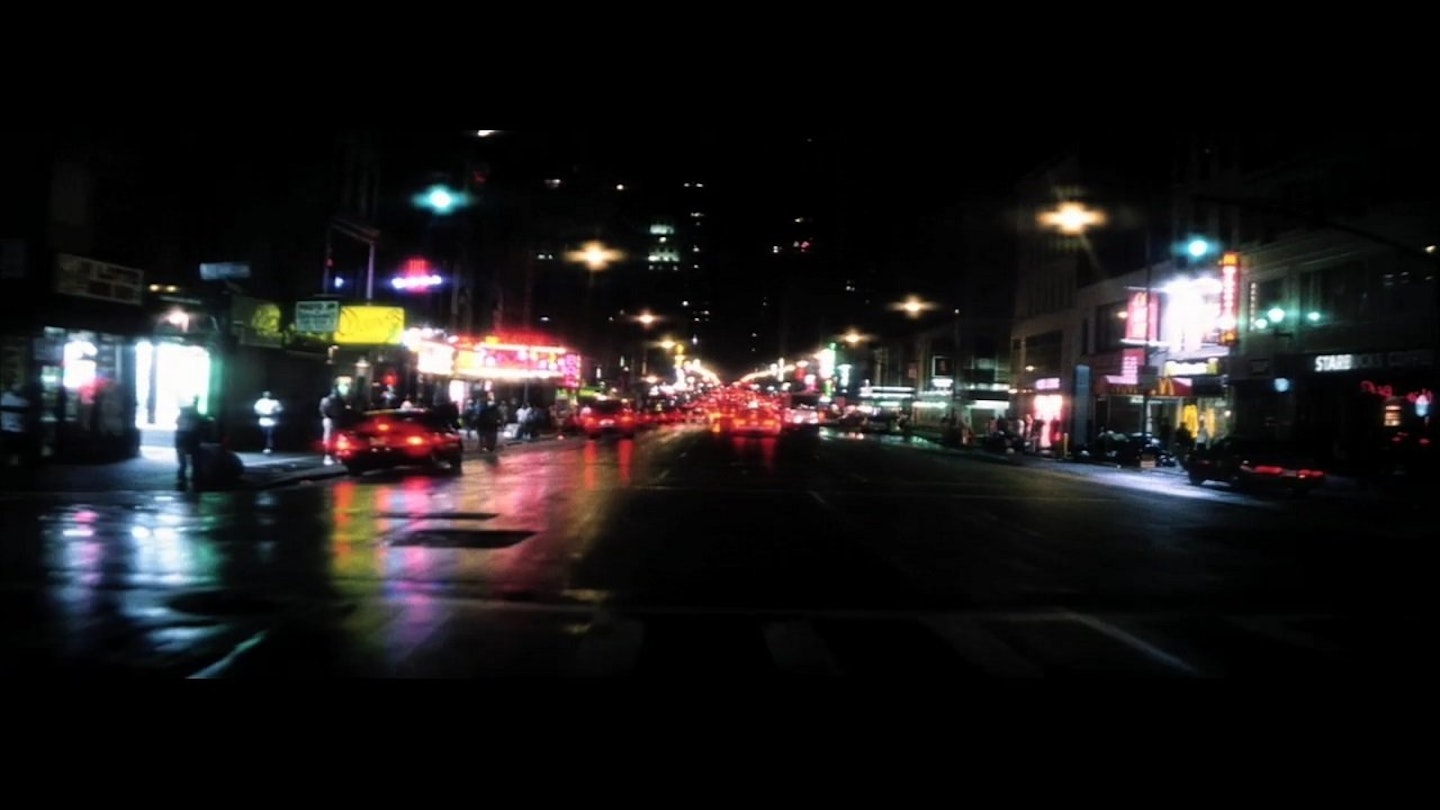For his 18th feature film as director, Martin Scorsese has gone back to his roots. After dilly dalai-ing with Eastern spirituality in Kundun, the world's most vital film director has returned to New York, damaged heroes and the filmmaking fireworks that got the world excited about the man in the first place. And if Bringing Out The Dead is not vintage Scorsese, it's still an original, blistering slice of virtuoso moviemaking.
Riding shotgun with old writing cohort Schrader, Scorsese's adaptation of Joe Connelly's novel fairly fizzes on kinetic energy as it follows haunted paramedic Frank Pierce (Cage, reining in the histrionics) through three nights and two days working for New York's Emergency Medical Service. As Pierce and partners - food obsessed Larry (Goodman), bible bashing soul brother Marcus (an electric Rhames) and borderline psycho Tom (a terrifically manic Sizemore - revive cardiac arrests, bring overdosers back from the brink and attend a virgin birth (kind of), Scorsese's breathless directorial mastery is at full tilt: finding fantastic variety in a film rooted around the exteriors/interiors of an ambulance, we are treated to an onslaught of breakneck pans, funky framing, crackerfire editing and perfectly deployed music that tangibly articulates the in-your-face brutality and adrenaline rush of the graveyard shift.
By comparison, the less successful daytime sequences are eerily sedate yet unmoving as Pierce hooks up with Mary Burke (Arquette), the daughter of one of Pierce's patients, whose withdrawn drug dependent life mirrors his own. In the latter stages, as Pierce seeks solace in narcotics, Scorsese goes into overdrive - speeded-up imagery, spectres emerging from the streets - underlining his unparalleled genius at depicting troubled psychosis through searing visuals.
This could all be unrelentingly unwatchable, but it isn't. In fact, it is the funniest Scorsese movie since After Hours, plying a nifty trade in pitch-black humour: be it Pierce begging his boss to fire him or the cracking dialogue exchanged en route to accidents. But far from being insensitive, it is abundantly clear that their caustic worldview preserves the paramedics' sanity. With its plotline of a troubled loner cruising NY's streets in a metal box, Dead strongly echoes Taxi Driver. It may never attain the feverish intensity and staying power of the earlier film, but a slightly off colour Scorsese is better than 98 per cent of most directors firing on all cylinders.
